New COPPA laws are a step, but not enough
January 10, 2020
Originally instituted in 1998, the Federal Trade Commission’s Children’s Online Privacy Protection Act (COPPA) was intended to protect children’s safety on the internet.
With about 17 pages of legislation, the act was a great step towards free access and privacy for kids who get carried away playing games. But recent announcements have threatened child-friendly content as we know it, especially through the YouTube platform.
Initially, anyone can agree that the public privacy policies and required parent permissions demanded by the law are all beneficial for minors under the age of 13, but what about the people providing that content?
The FTC has started to actively call out those who fail to comply with COPPA. The social video sharing app Tik-Tok was fined earlier this year for having violated the privacy act, and the online mammoth Google was more recently fined $136 million. The laws haven’t actually changed; the FTC is still pursuing what they were 21 years ago, and again 19 years ago. They’ve just chosen a new target.
TikTok and Google were very clearly in the wrong since they were both well aware they were tracking children.
YouTube, as a popular information gatherer under Google, also shared the fine handed to Google in September.
Instead of continuing to pursue the provider of massive intrusion in children’s privacy directly, however, the FTC has chosen to force COPPA on thousands of individual YouTubers.
The idea behind the new regulations is fairly straight-forward. Content made for children should not be used to gather private information, but anyone who agrees that their videos are for kids automatically sacrifices up to 90% of their income that comes from targeted ads.
So, creators just have to check a few boxes and redefine their channel purpose so what they make isn’t for kids, right?
One problem is that the guidelines are more than a little ridiculous and terribly vague.
They classify animation, bright colors, stories and games as child-directed content.
The possibility of being falsely charged is fairly concerning for many communities on the YouTube platform, since most popular video producers usually have some type of visual.
Since COPPA is legislation, the consequences of that “kid-directed content” box being checked will be severe.
If a creator chooses not to refer to their content as kid directed, and they fail to meet the criteria, they will be fined for more than $40,000 per violation.
With no other option, creators on YouTube are forced to make a lose-lose decision.



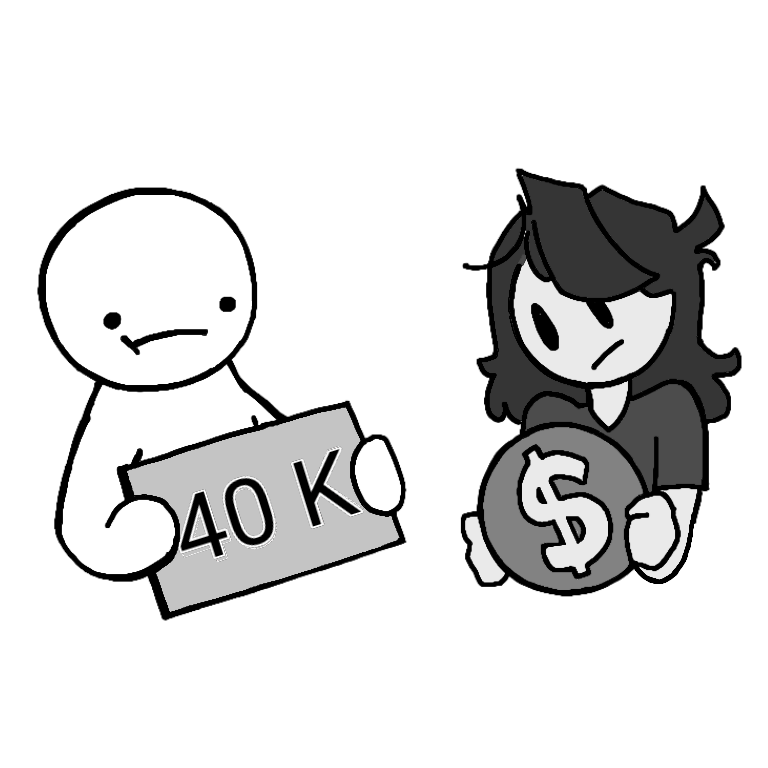
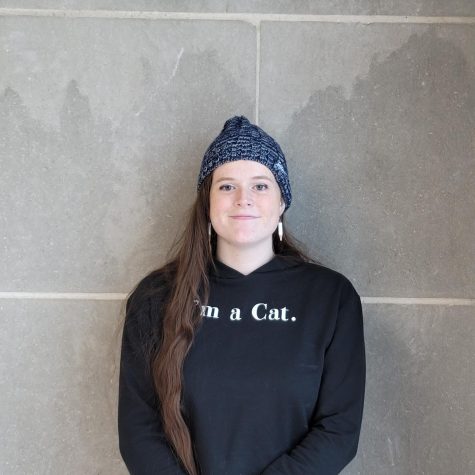
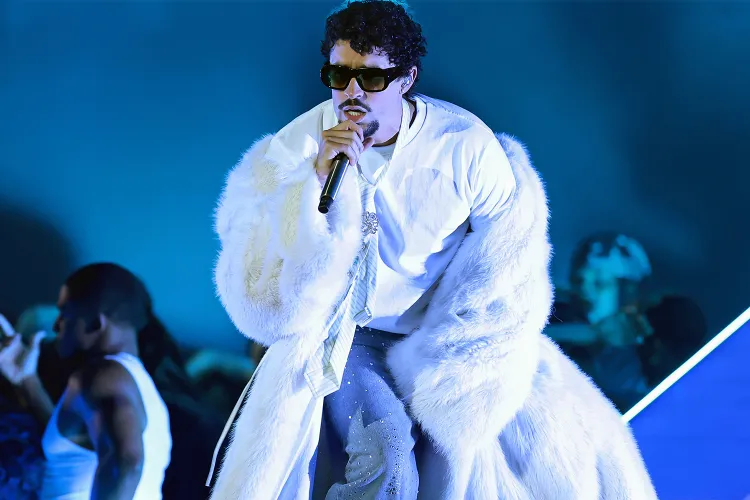
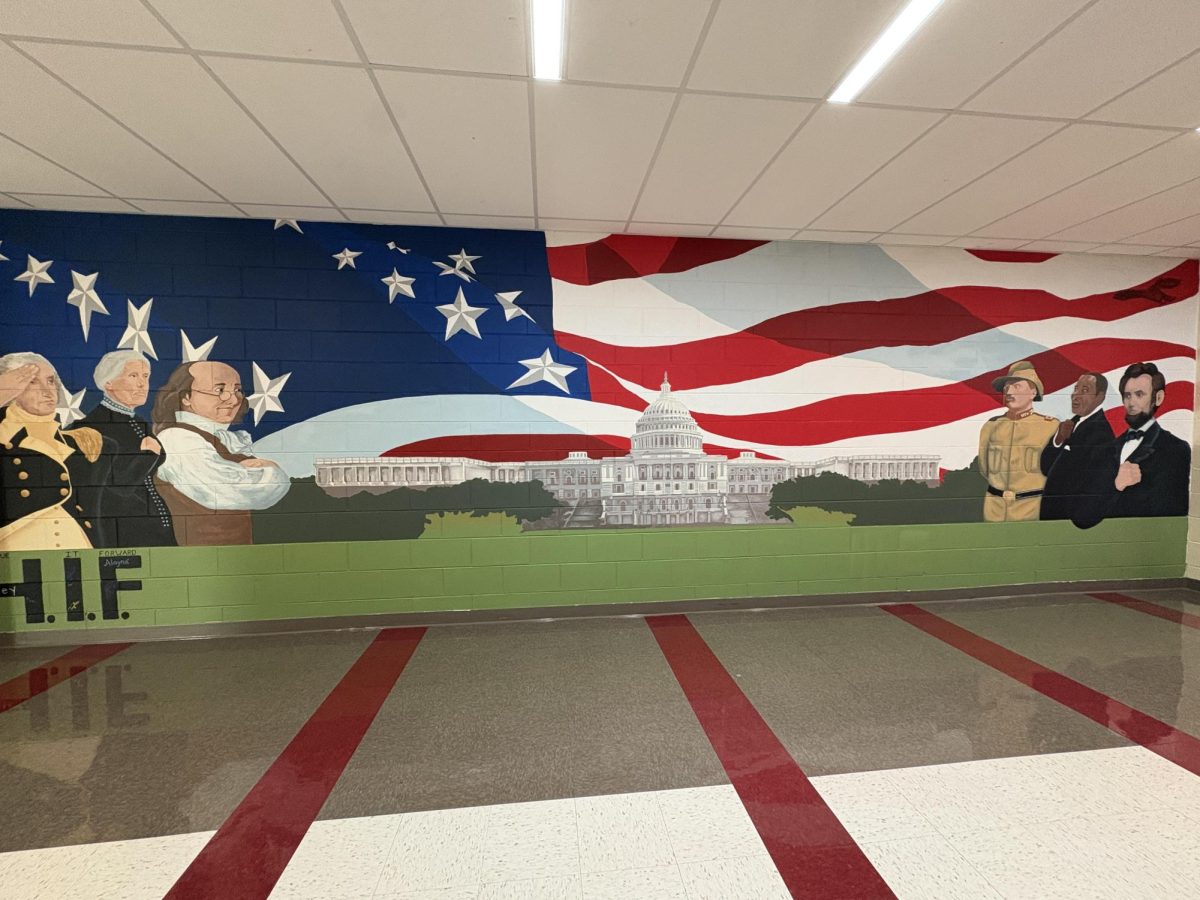

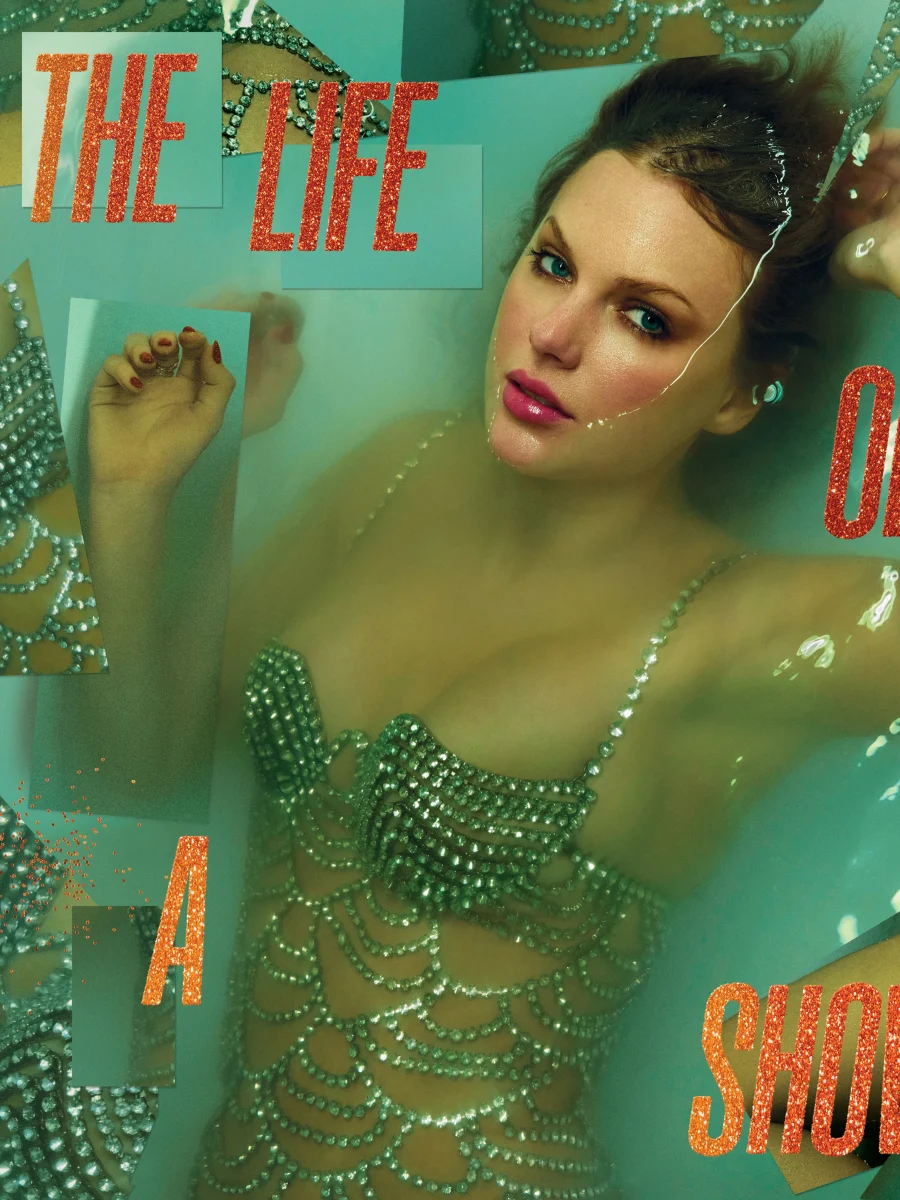
Alethea G Pritchard • Feb 6, 2020 at 8:49 am
Well written article. And the illustration is 5 star. I guess some people wouldn’t know true talent and originality if it appeared in their own school newspaper. I’m also sure that the creators mentioned hear would feel grateful and honored that someone would be concerned enough about COPPA to educate others on it. Central Times is still killing it!!!
jeremiah christian • Feb 5, 2020 at 11:48 am
hi im very happy you decided to do an article about this because some people can’t see how this law affects there way of watching youtube and how they can fix it I remember that coppa said they are looking for ways to improve the law and we can comment on such laws so bringing up awareness can help out a lot not just for us as teenagers but for the content creators we all love
AD • Jan 11, 2020 at 8:03 am
You could have AT LEAST changed Jaiden’s hairstyle in your picture. So no one would have known that it was traced.
If you don’t understand what I’m talking about, look up “Jaiden animations”.